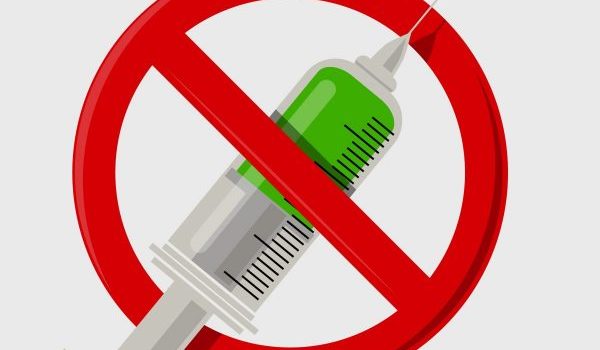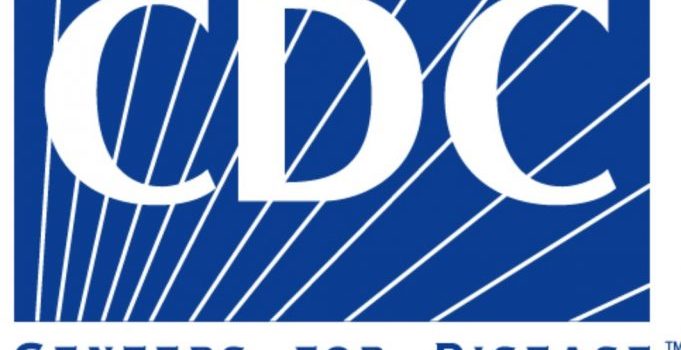The Food and Drug Administration is asking healthcare professionals to stop administering drug products intended to be sterile that were made by Medaus Inc. due to a lack of sterility assurance. Providers in all settings, including urgent care, are urged to check their supplies and quarantine any “sterile” products from Medaus. Some of the drugs (eg, injectable nutritional products) are more likely to be found in urgent care centers than others, such as injectable hormone …
Read More








